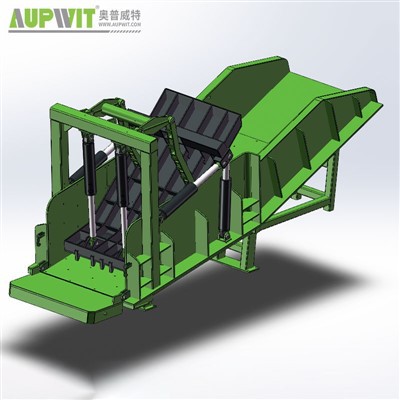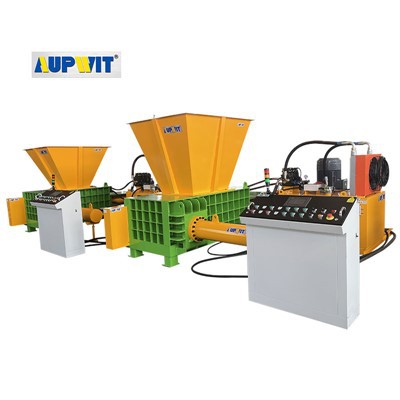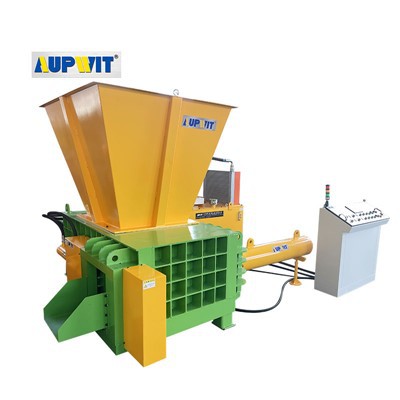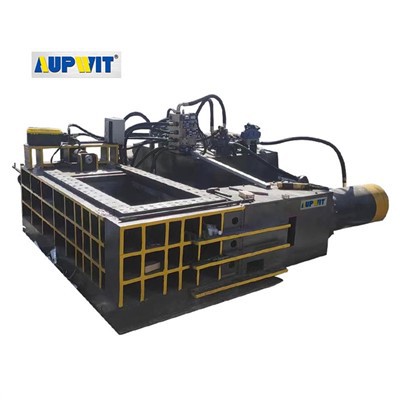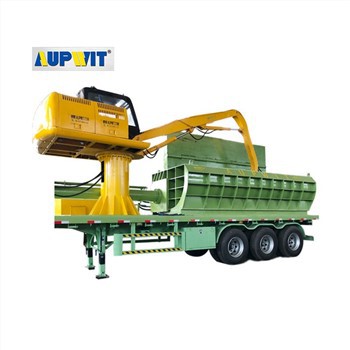Lubrication Guide for Iron Powder Briquetting Machines
Several key components require consistent lubrication to ensure smooth operation of iron powder briquetting machines. Proper lubrication reduces friction between moving parts, preventing premature wear and costly downtime.
Critical Components & Lubrication Requirements
Pressure Rollers
Every 8-12 hours
Rotating components that compress iron powder under high pressure. Lubricate bearings (ball/roller type) with lithium-based grease to reduce metal-to-metal contact.
Eccentric Shaft & Bushings
Every 24-48 hours
Converts motor power into reciprocating motion. Requires oil or grease application to bushings to prevent seizing under heavy stress.
Chain Drives/Gear Systems
Daily to weekly
Transmission components needing oil-based or dry film lubricants to reduce friction and prevent rust.
Hydraulic System
500-1000 hours
Cylinders, pumps, and valves require hydraulic oil changes to maintain viscosity and prevent contamination.
Feed Mechanism
Every 48-72 hours
Augers/conveyor bearings handling abrasive iron powder need lubricants with anti-wear additives.
Lubrication Best Practices
- Follow manufacturer's specified lubrication schedules
- Use appropriate lubricants for each component
- Clean components before re-lubrication
- Monitor lubricant condition regularly
- Adjust intervals based on workload intensity
Important Note
Neglecting lubrication can lead to increased energy consumption, unplanned downtime, and costly repairs. Regular lubrication is a cost-effective maintenance practice that extends machine life.
Summary
Proper lubrication of iron powder briquetting machines involves understanding each component's requirements, using suitable lubricants, and adhering to recommended schedules. By maintaining a disciplined lubrication regimen, operators can ensure optimal machine performance, reduce wear, and maximize equipment longevity.


